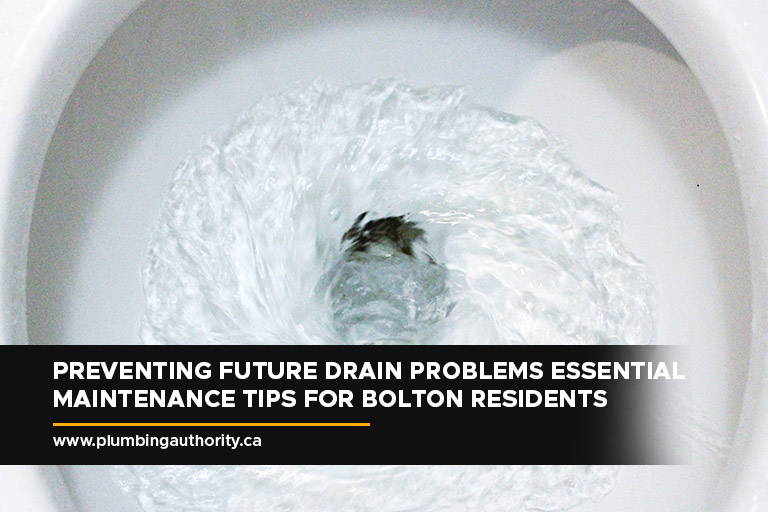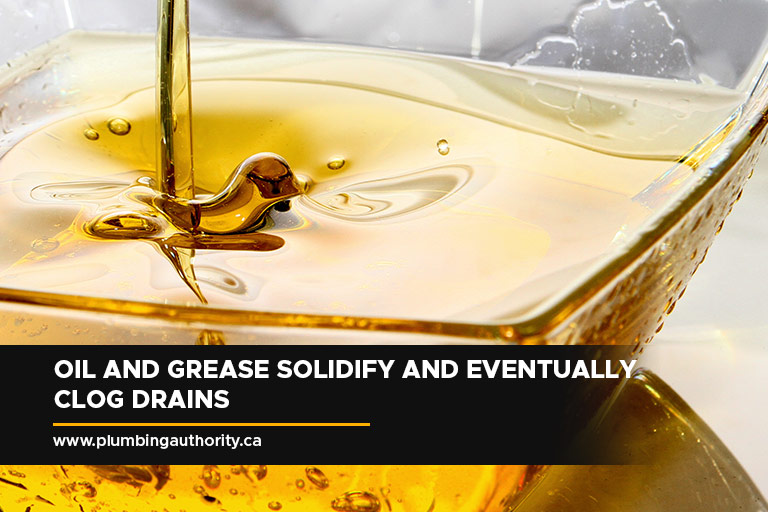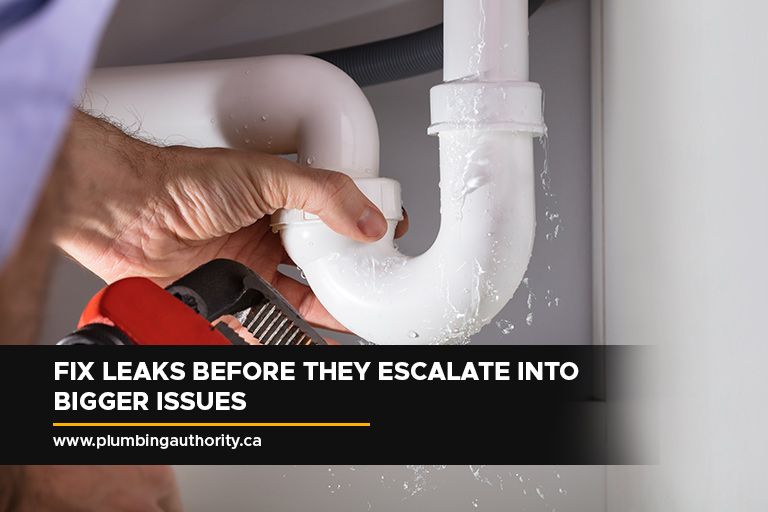
Living in Bolton offers a unique blend of historical charm and modern conveniences. Part of maintaining that balance involves keeping our homes in top condition, including the often-overlooked aspect of plumbing. A well-maintained drainage system is crucial for the smooth operation of any household, preventing inconvenient and sometimes costly problems.
The health of our drainage systems directly impacts our daily lives, affecting everything from water usage to the integrity of our home’s infrastructure. By adopting a proactive approach to drain maintenance, we not only save ourselves from the hassle of blockages and backups but also contribute to the overall well-being of our community’s environment. Let’s delve into practical advice and easy-to-follow tips designed to keep Bolton’s drains clear and its residents happy.
What Should Never Go Down the Drain

Oil and grease solidify and eventually clog drains
Preventing drain problems starts with knowing what should never enter your drainage systems. Many common household items and substances can cause significant blockages when disposed of improperly. Here are some key offenders to avoid:
- Cooking oil and grease: When washed down the sink, cooking oil and grease cool and solidify in plumbing, forming hard blockages that are difficult to remove without professional help. Proper disposal in the trash after cooling prevents this issue, safeguarding your pipes from unnecessary clogs.
- Coffee grounds: Unlike other organic materials, coffee grounds tend to accumulate in pipes, where they act like a dense, sticky mass that attracts other debris, leading to significant blockages. Composting them or disposing of in the trash is a simple yet effective way to avoid such issues.
- Eggshells: In a garbage disposal, eggshells are ground into fine particles that can combine with other waste, such as grease, creating a thick, pipe-clogging paste. Disposing of them in compost or garbage avoids this risk, keeping your kitchen’s plumbing clear.
- Produce stickers: These tiny plastic labels can easily slip down the drain, where they adhere to pipes and join other debris to create clogs. Removing and properly disposing of stickers before washing fruits and vegetables helps keep your pipes free from blockages.
- Medications: Flushing old or unused medications can lead to water contamination, posing risks to aquatic life and potentially affecting human health through water supplies. Local take-back programs offer a safe disposal method that prevents these environmental hazards.
- Flushable wipes: Marketed as flushable, these wipes don’t disintegrate like toilet paper, leading to clogs and backups in sewer systems. The best practice is to dispose of them in the trash, preventing blockages and ensuring the smooth operation of sewage treatment facilities.
- Cotton balls and swabs: When flushed, cotton balls and swabs absorb water, expanding and blocking pipes. These items should be disposed of in the waste bin, not the toilet, to maintain clear and functional plumbing.
- Condoms: Made from materials that do not break down in water, condoms can expand and block pipes when flushed. Proper disposal in the trash helps avoid embarrassing and costly plumbing issues, protecting the integrity of sewage systems.
- Paper towels: Due to their thickness and durability, paper towels don’t dissolve easily in water, quickly leading to pipe blockages when flushed. Always throw paper towels in the trash to prevent plumbing problems and ensure a smoothly running drainage system.
- Feminine hygiene products: Similar to flushable wipes, feminine hygiene products are designed to absorb and therefore don’t break down in water, causing significant blockages. Proper disposal is in the trash, a simple step that greatly reduces the risk of plumbing issues.
Routine Maintenance Tips

Fix leaks before they escalate into bigger issues
Regular maintenance is key to preventing future drainage problems. By incorporating these simple tips into your household routine, you can keep your drains clear and functional:
- Regularly clean stoppers and strainers: These essential bathroom and kitchen tools trap hair and debris, safeguarding your drains from clogging. Weekly cleaning minimizes buildup, ensuring smooth water flow.
- Use a baking soda and vinegar solution monthly: This eco-friendly mix acts as a non-toxic cleaner, dissolving grime and neutralizing odours in your pipes. It’s a safe, effective way to maintain cleanliness.
- Boil water through the drains weekly: Hot water runs through pipes, dissolving accumulated oils and greases. This easy, routine action prevents buildup, maintaining clear, unobstructed drains.
- Keep trees and shrubs away from drainage lines: Plant roots seeking moisture can invade and damage pipes. Regular inspection and management of greenery near pipes prevent costly repairs due to root intrusion.
- Use drain guards: Placed over drains, these guards catch hair and debris, effectively preventing clogs. They’re a simple, inexpensive solution to maintain drain health.
- Avoid chemical drain cleaners: These harsh chemicals can erode pipes over time, leading to leaks. Mechanical clearing methods or natural cleaners offer a safer alternative for maintaining clear drains.
- Inspect for leaks regularly: Early detection of leaks can prevent minor issues from escalating into major blockages or pipe damage. Prompt repair saves money and protects your home’s plumbing system.
- Flush drains with salt and boiling water mixture: Salt acts as a mild abrasive, helping to clear drains of mould and bacteria build-up. This method enhances drain hygiene and prevents clogs.
- Educate your household: Informing all household members about what should not be disposed of down the drain reduces the risk of accidental clogs, promoting a clog-free home environment.
- Schedule annual professional inspections: Regular checks by plumbing professionals can identify and address potential issues early, preventing emergencies and ensuring the longevity of your home’s plumbing system.
Keeping Bolton’s drains clear is a crucial part of maintaining our homes and community. By understanding what should not go down the drains and implementing routine maintenance tips, residents can prevent future problems and ensure their plumbing systems function efficiently. Remember, the key to a healthy drainage system is prevention, education, and routine care.
If you encounter any issues or need professional advice, don’t hesitate to contact Plumbing Authority at (647) 992-7473. Our team of experts is here to help you with all your plumbing needs, ensuring your home remains a comfortable and efficient space for you and your family.




